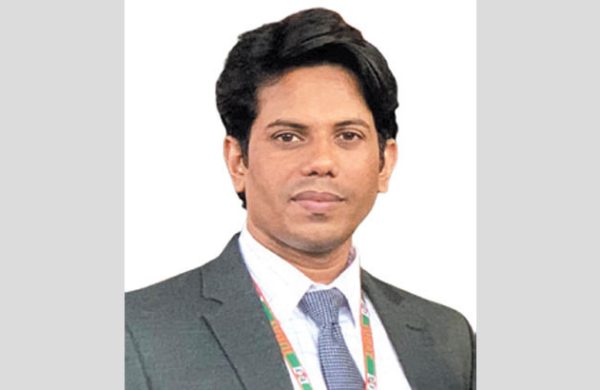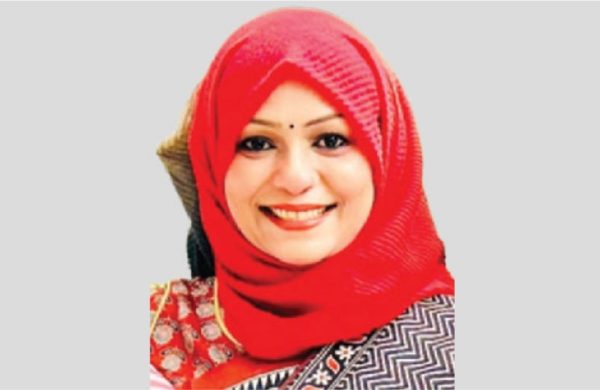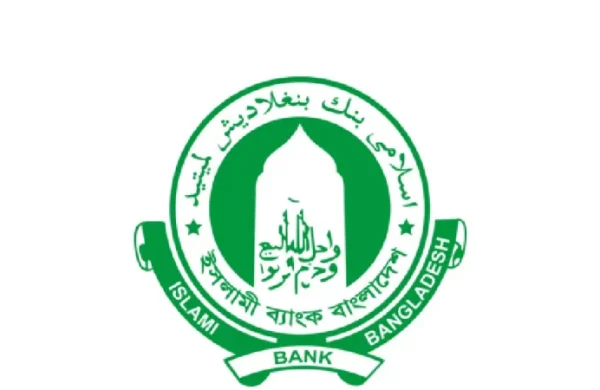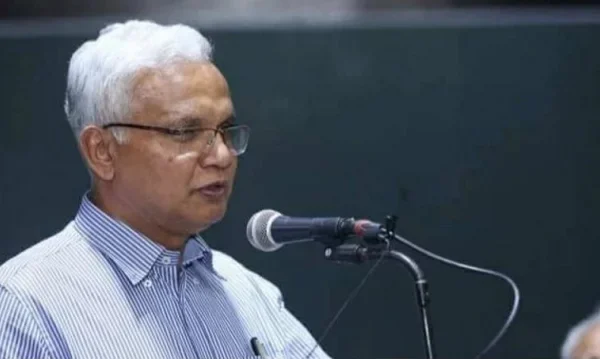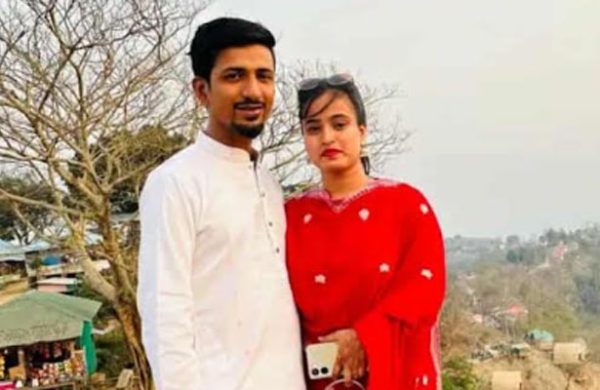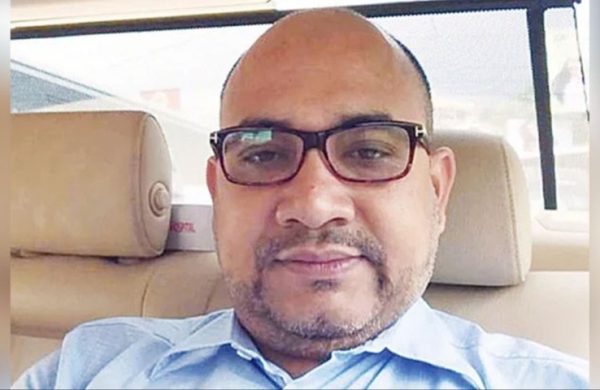Endless Challenges of ‘Acceptable’ Election
- Update Time : Tuesday, August 19, 2025
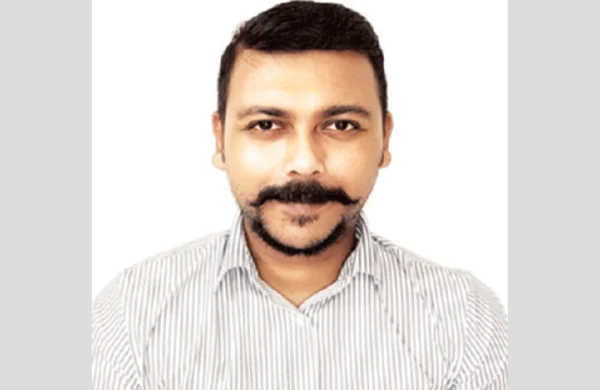
—H M Nazmul Alam—
Bangladesh is once again entering a familiar season: one where the promise of elections competes with the shadow of distrust. The Election Commission (EC) is busy outlining roadmaps, adjusting electoral laws and updating voter rolls, but the deeper questions remain unanswered. Can an election in this country ever be truly acceptable? Can citizens expect a level playing field? Can political competition unfold without suspicion, violence or manipulation? These questions linger louder than any official announcement.
For citizens, an acceptable election is the assurance that their vote carries weight, that their choice is respected, and that the contest is genuine. For political actors, it is the confidence that rules are applied fairly and not tilted towards any one side. For observers, domestic and international, it is the perception that the exercise reflects the will of the people. These are not abstract ideals; they are the very conditions that define whether democracy is meaningful or hollow.
Given that, the challenges before the EC are indeed vast. On the surface, the list includes law and order situation, neutral administration, voter turnout, registration of new parties, updating boundaries and even managing the introduction of artificial intelligence in campaigns. Beneath these technical items, however, lies a far more fundamental obstacle: the deficit of trust. Without trust, even the most elaborate procedural safeguards collapse and the very idea of elections as a vehicle of popular sovereignty disintegrate. Once the perception takes hold that elections are preordained spectacles, voter turnout becomes cosmetic and the legitimacy of governance shrinks to the confines of power, not consent.
This is why the notion of a “level playing field” is not just a slogan but the foundation of electoral legitimacy. In a context where state machinery often bends towards the powerful, neutrality is not a given but a test. Neutrality of the administration, security forces, polling officials and the media are indispensable. Yet neutrality cannot be legislated into existence.
It cannot be declared into reality by adding new clauses to an electoral code or including new forces under the law. It must be demonstrated in practice, through conduct that convinces both parties and voters that the rules will not be selectively applied.
The EC has spoken of revising the placement of polling stations, publishing draft lists for public scrutiny and orienting youth towards the electoral process through repeated voter roll updates. These are constructive steps. But they remain peripheral if the deeper crisis of political consensus remains unresolved. No matter how carefully stations are selected and how many observer groups are registered, elections will still falter if the competing parties do not agree on the basic rules of engagement.
The absence of harmony among parties is not merely unfortunate; it is dangerous. When mistrust defines politics, elections risk turning into violent showdowns rather than democratic contests. Opportunistic actors exploit this division, engineering sabotage, intimidation and misinformation. Each disagreement becomes an opening for manipulation. Each unresolved dispute feeds into a broader narrative of uncertainty. And uncertainty, in electoral contexts, is fertile ground for unrest.
The emphasis on banning the misuse of artificial intelligence in campaigns is an interesting but telling development. It suggests awareness of global challenges where technology is weaponised to distort information. But in Bangladesh’s context, one might wonder whether such futuristic threats are the core concern. For decades, the tools of manipulation have been far more direct: administrative bias, intimidation and the misuse of institutions. If these traditional distortions remain unaddressed, the regulation of AI risks becoming more symbolic than substantive.
Another layer of complexity comes with the promise of enfranchising large numbers of expatriate citizens for the first time. The intention is commendable, recognising the contribution and rights of a vast diaspora community. But the practical questions are sobering. How will their votes be verified, counted and safeguarded against suspicion? In a country where even domestic polling stations attract allegations of manipulation, extending the process overseas without ironclad transparency may create more doubts than confidence.
The recurring focus on law and order underscores another dilemma. Elections are not simply about policing disorder. When political consensus is absent and suspicion dominates, no amount of law enforcement deployment can guarantee peace. True electoral peace comes not from batons and barricades but from trust in institutions and faith in fairness.
The path to an acceptable election demands courage. It requires the EC to step beyond bureaucratic management and assert itself as an independent guardian of democracy; political actors to temper their tactical brinkmanship with the recognition of shared national responsibility; and the administration and security forces to act as custodians of the people’s will. None of these are easy, but without them, elections risk becoming mere theatre.
Elections are more than schedules and ballots. They are moments when a society reaffirms the principle that power flows from the people. When that principle is undermined, the cost is immeasurable. The erosion of trust cannot be repaired overnight. The collapse of credibility cannot be mended by technical fixes. The humiliation of compromised institutions cannot be avoided by silence. Only integrity, neutrality and courage can restore faith.
An acceptable election in Bangladesh is not a luxury. It is an existential necessity. Without it, the promise of democracy fades further into cynicism. With it, however fragile, a foundation can be rebuilt. The choice rests not only with the EC but with all actors who claim to believe in democracy. The people have waited too long for their votes to matter. Another failure would not just betray them; it would betray the very idea of a republic.
——————————————————————-
The writer is an academic, journalist and political analyst. He can be reached at [email protected]






